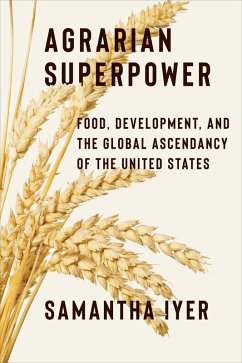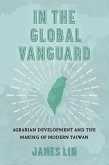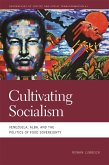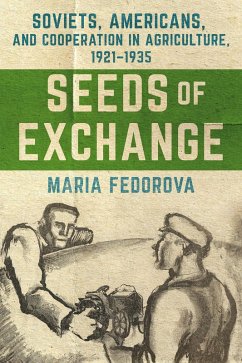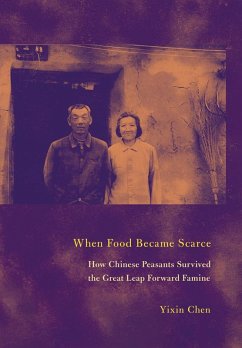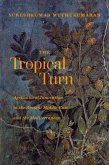The United States's superpower status is often associated with its industrial, financial, and military might. Yet its global power after the Second World War hinged in part on something often seen as backward: agriculture. In contrast to Britain, the predominant global power of the nineteenth century, which depended on its current and former colonies for food and raw materials, the United States produced vast agricultural surpluses. During the 1950s, an era of decolonization and rising Cold War competition, the United States became the dominant exporter of food staples to industrializing nations in the Third World through its massive food aid program.
Through the lens of food and agriculture, this book offers new ways to understand the roots of the post-Second World War global order and the US position in it. Samantha Iyer traces how two former British territories and agricultural competitors of the United States, India and Egypt, became two of the largest importers of US food aid. She investigates the origins and consequences of the US-centric postwar food regime by examining changes in the production, distribution, and consumption of agricultural surpluses from the late nineteenth century to the early 1970s. Bringing together life in villages, towns, and cities with national, imperial, and international affairs, Iyer demonstrates that food aid was the expression of a changed political, economic, and ecological world that the United States did not create alone. Drawing on sources in Arabic, French, Urdu, and English, Agrarian Superpower is a groundbreaking comparative history of food, agriculture, and development.
Through the lens of food and agriculture, this book offers new ways to understand the roots of the post-Second World War global order and the US position in it. Samantha Iyer traces how two former British territories and agricultural competitors of the United States, India and Egypt, became two of the largest importers of US food aid. She investigates the origins and consequences of the US-centric postwar food regime by examining changes in the production, distribution, and consumption of agricultural surpluses from the late nineteenth century to the early 1970s. Bringing together life in villages, towns, and cities with national, imperial, and international affairs, Iyer demonstrates that food aid was the expression of a changed political, economic, and ecological world that the United States did not create alone. Drawing on sources in Arabic, French, Urdu, and English, Agrarian Superpower is a groundbreaking comparative history of food, agriculture, and development.
Dieser Download kann aus rechtlichen Gründen nur mit Rechnungsadresse in A, D ausgeliefert werden.

